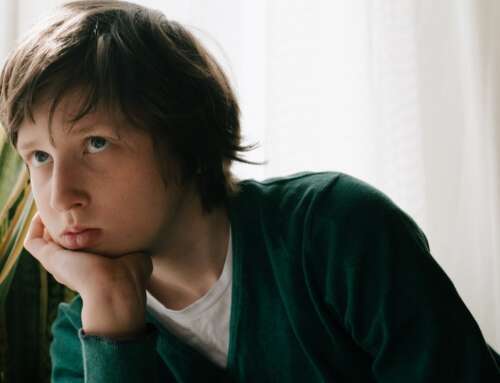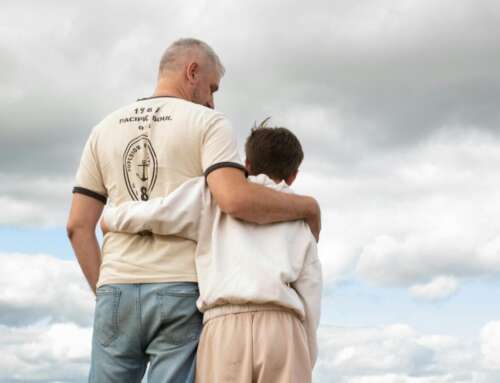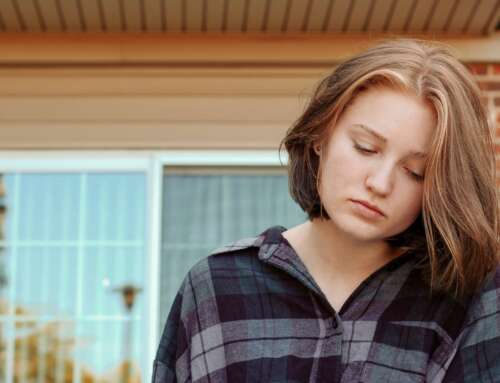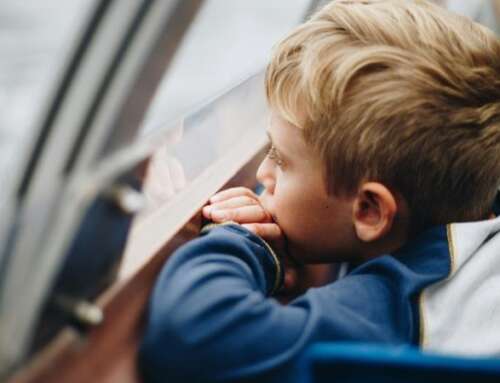 In my work with schools, I’m finding more and more interest arising in the area of Positive Psychology and its offshoot Positive Education.
In my work with schools, I’m finding more and more interest arising in the area of Positive Psychology and its offshoot Positive Education.
And as the interest around these grow, so do some of the more common misconceptions.
I’ve found some teachers to be a little cynical, and why wouldn’t we be? After all it seems we get told a new way, a better way of teaching on an almost weekly basis. Or we’re being told that what we are doing is – quite simply – not good enough. We’re not good enough. Just look at what they’re doing in Finland or China.
So believe me… I get it.
But…
There are 3 misconceptions that I am seeing more and more regularly both in journal articles, the mainstream press or online, and I think such misconceptions should be addressed.
1. Positive Psychology is all about positive thinking, ignoring negative emotions and putting a smiley face on it all. Turn that frown upside down! It’s a kind of uber-self-help movement.
In short, this is the most damaging of all beliefs around Positive Psychology. Nowhere in any of the literature does it suggest we should be ‘happy’ all the time – that in itself would be a mental condition. And on the contrary, rather than ignoring negative emotions, the literature suggests we need to recognise them for what they are – an essential part of being human. One of my favourite authors, Tal Ben-Shahar calls this, Giving yourself permission to be human.
What positive psychology is about is finding what enables us to be at our best more often. Why wouldn’t you want to explore that?
Maybe it’s because…
2. It’s just another thing we have to do in school.
Embedding positive psychology into how you work and live is not about box ticking, doing more stuff, or having a policy for it. Rather it is a way of living your life and working. In truth many of us would incorporate aspects of positive psychology into what we do without even realizing it. The key is to realize when we do and make that the norm rather than the exception.
Yes but isnt’…
3. Positive Education is only for the richest independent schools.
Whilst schools like Geelong Grammar, St Peter’s in SA and Knox Grammar in NSW have led the charge with positive education in Australia, it should not be seen as only something for the elite. Whilst these schools may well have engaged some of the world’s most renowned thinkers in the field at significant cost, you don’t have to. Many of these schools are now sharing what they have learnt, and if I’m being honest the fundamentals of positive psychology and positive education do not require big budgets to be lived, understood and embedded in school.
If you’d like to explore Positive Psychology and/or Positive Education in a little more detail drop me a line at through my website (below) and I can point you in the direction of some great people and resources to match what you’re after.
Author: Dan Haesler is a teacher, consultant and speaker at the Mental Health & Wellbeing of Young People seminars. His website is: http://danhaesler.com/ and he tweets at @danhaesler







Dear Dan,
I’m an Education Officer in Pastoral Care at the Catholic Education Office in Wollongong and some of our Pastoral Care Co ordinators are interested in what positive psychology may offer their school community.
Any resources you may be able to share would be most helpful.
Hi Dan, I have been following with great interest the Positive Psychology work being undertaken in SA, a great deal of which has been focussed on education. As a Community Development Officer focussing on youth development, I am really interested to understand what advances there have been in the broader application of Positive Psychology principles and practice in youth development practice beyond the education context.
Dan,
I teach in TAFE, in VCAL, Cert IV and Diploma level. I absolutely concur with your comments. I am able to use positive psychology principles in both my teaching practise and in further engaging the students without any additional cost to the institute or taking time out of the curriculum. The principles I use become an adjunct to the curriculum and the students respond well to the added tools and insights it gives them. I look forward to seeing/reading more.
If you don’t mind sharing some resources I would be grateful. I work as a Guidance Counsellor in a large P-12 school and this is something we are trying to promote
I’ve put together some resources here if you’re interested in looking to Pos Psych/Pos Ed further: http://haz.la/pos_psych